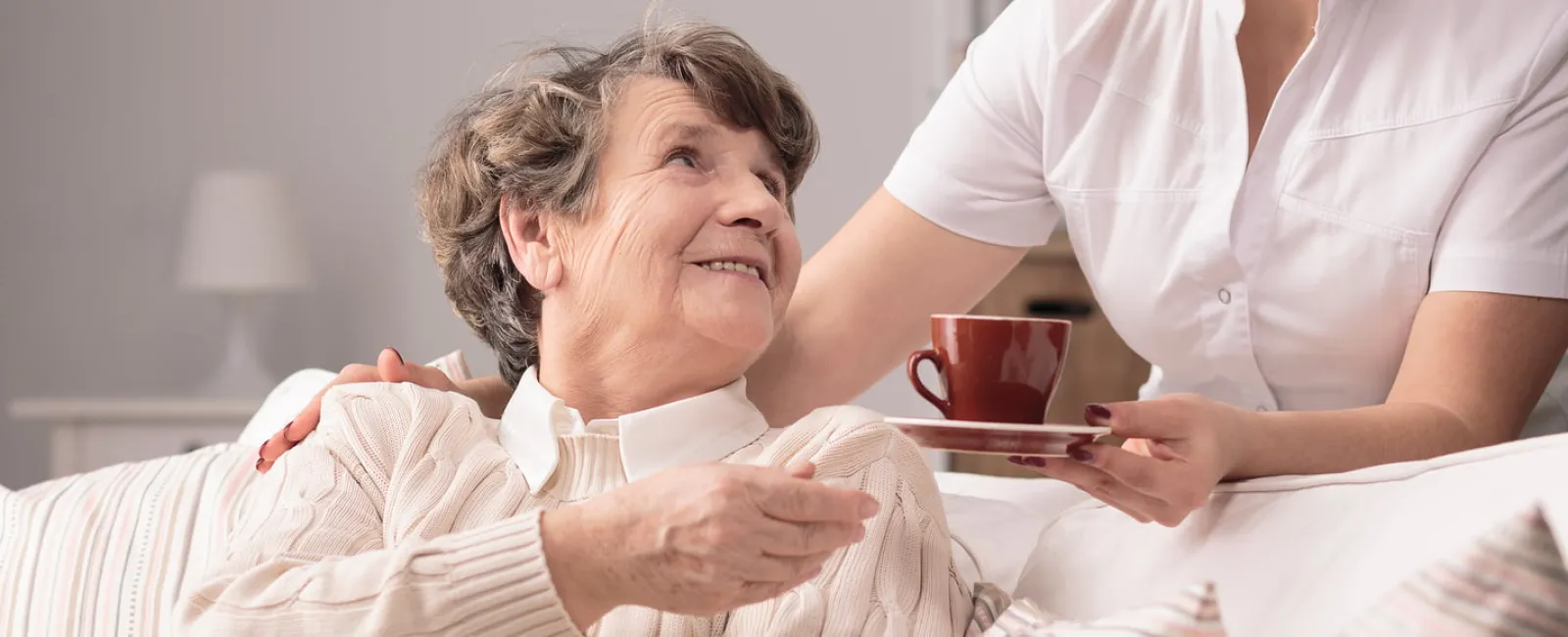Staying hydrated is crucial for people of all ages, but it’s especially important for seniors. When the elderly do not drink enough fluids, their bodies cannot function properly, leading to various health problems. Unfortunately, many seniors struggle to stay hydrated, especially during hot weather or when they’re not feeling well. That’s why it’s important to recognize the signs of dehydration in seniors and take steps to prevent it from happening. In today’s article, 4 Seasons Home Care will go over some tips on staying hydrated and healthy as an elderly person.
What is Dehydration?
Dehydration occurs when your body doesn’t have enough fluids to function properly. When this happens, the body doesn’t have enough water to carry out its normal processes, including regulating your body temperature, digesting food, and removing waste. Dehydration is a common issue, especially during hot weather or when you’re exercising. But for seniors, dehydration can be a serious problem, as they may be less able to recognize signs of thirst and may have underlying health issues that aggravate dehydration.
Signs of Dehydration in Seniors
Seniors may not always recognize the signs of dehydration, so it’s important that you look for them. A few of the most common symptoms of dehydration in seniors include dry mouth, dark urine, muscle cramps, headaches, and fatigue. Seniors may also experience dizziness, confusion, or irritability. In severe cases, dehydration can lead to seizures, kidney failure, or even death. If you or a loved one experience any of these symptoms, it’s important to see a doctor or seek medical attention right away.
How to Stay Hydrated
To prevent dehydration, seniors should aim to drink plenty of fluids throughout the day. Ideally, seniors should drink at least eight glasses of water a day. If they struggle to drink water, you should encourage them to drink other fluids, such as fruit juice, milk, or herbal tea. You can also help seniors stay hydrated by offering them water-rich fruits and vegetables, like watermelon, cucumbers, or celery. Avoid caffeinated or alcoholic drinks, which can actually make dehydration worse.
Hydration Tips for Caregivers
If you’re caring for an elderly loved one, there are several steps you can take to help them stay hydrated. One of the most important is to encourage them to drink regularly throughout the day, even if they don’t feel thirsty. You should also pay attention to signs of dehydration, such as dry mouth or dark urine, and make sure that your loved one is drinking enough fluids. If your loved one has a medical condition that makes it difficult for them to drink, you may need to consult with their doctor to find alternative hydration options.
Stay Healthy & Hydrated, Seniors!
Dehydration is a serious issue for seniors, but it’s also preventable. By recognizing the signs of dehydration and taking steps to stay hydrated, you can help protect your loved ones from the risks of dehydration. Remember to drink plenty of fluids throughout the day, eat water-rich fruits and vegetables, and avoid caffeinated or alcoholic drinks. If you’re caring for an elderly loved one, make sure to pay attention to their hydration needs and take steps to help them stay hydrated. With a little effort, you can help keep your loved ones healthy and hydrated. 4 Seasons Home Care’s dedicated team of caregivers is here to help with senior care; to schedule a consultation with us simply reach out today!
